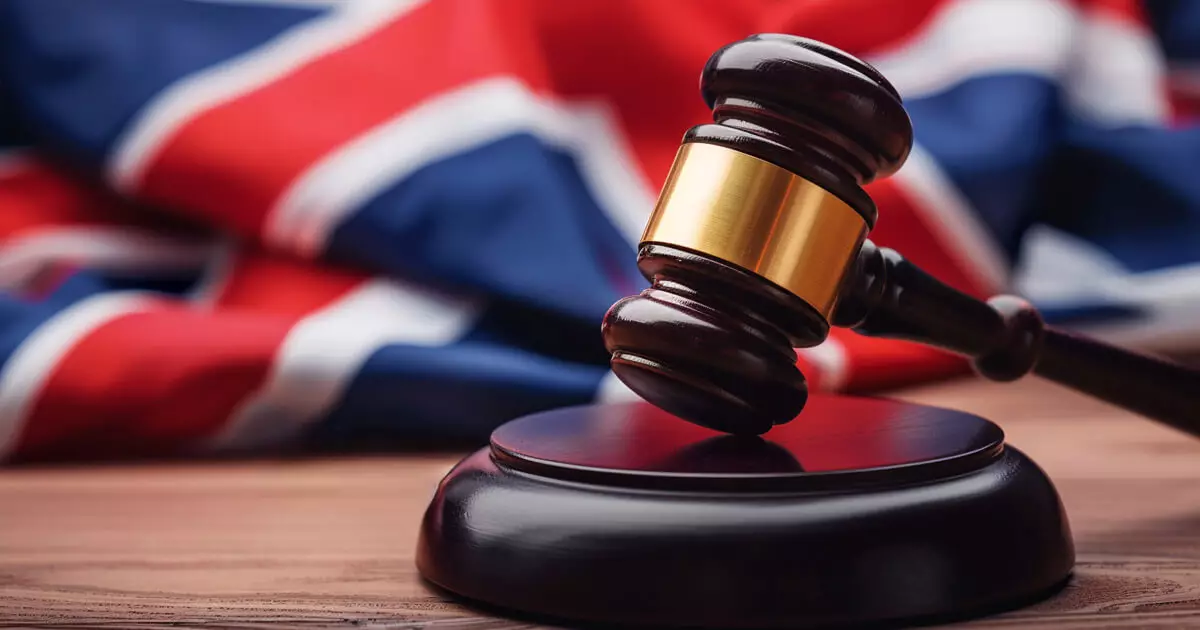Decentralized Autonomous Organizations (DAOs) have been gaining prominence in the world of blockchain technology as innovative platforms for collaborative decision-making and goal achievement. Essentially, DAOs are blockchain-based communities designed to work towards a common objective, whether it be investing in startups or acquiring historical artifacts. These entities are seen as the future of corporate governance due to their decentralized nature and potential for increased transparency.
The scoping paper released by the UK Law Commission delves into the complex issue of legally characterizing DAOs within the country’s existing legal framework. It raises concerns about the lack of consensus on the definition, structure, and proper entity form of DAOs. The Commission acknowledges the challenges posed by aligning DAOs with traditional legal structures and warns against hastily adapting existing laws to accommodate these innovative technologies.
Recommendations for Legal Reforms
While the Commission does not see an immediate need for a DAO-specific legal entity in England and Wales, it suggests evaluating the Companies Act 2006 and other relevant laws to identify necessary reforms. This review aims to facilitate the integration of DAO technology into existing governance models. Furthermore, the paper proposes assessing the viability of non-profit limited liability associations akin to DAOs for organizations in the UK.
Potential Regulatory Concerns
One area of concern highlighted in the paper is the need to review Anti-Money Laundering regulations in light of distributed ledger technology used by DAOs. The Commission recommends exploring whether these regulations can achieve the same policy objectives in a DAO context. It also emphasizes the importance of ensuring that current legal structures can accommodate the use of new technologies like DAOs without hindering innovation.
Comparative Perspectives
The paper references Wyoming’s recognition of blockchain-based DAOs as legal entities, drawing attention to the potential disparities in regulatory approaches between different jurisdictions. While the UK law already offers options for incorporating code in corporate governance, targeted reforms may be necessary to fully embrace the use of DAO technology.
While the UK Law Commission does not advocate for the creation of a specific legal entity for DAOs, it emphasizes the importance of adapting existing legal frameworks to accommodate technological advancements. Solidifying the definition and nature of DAOs within UK law could address many of the uncertainties and challenges raised by the Commission. As blockchain technology continues to evolve, legal institutions will need to stay abreast of these developments to foster a conducive environment for innovation and growth.


Leave a Reply